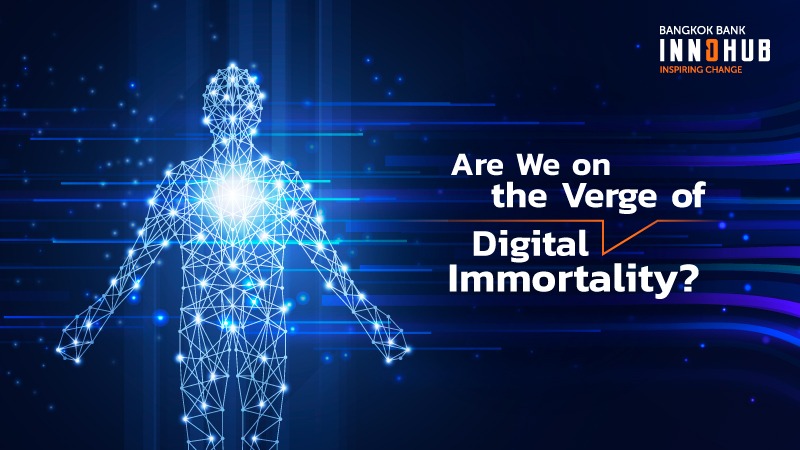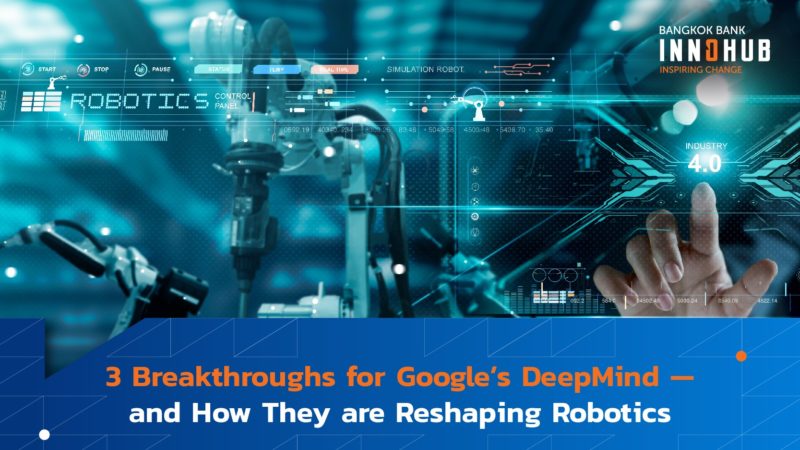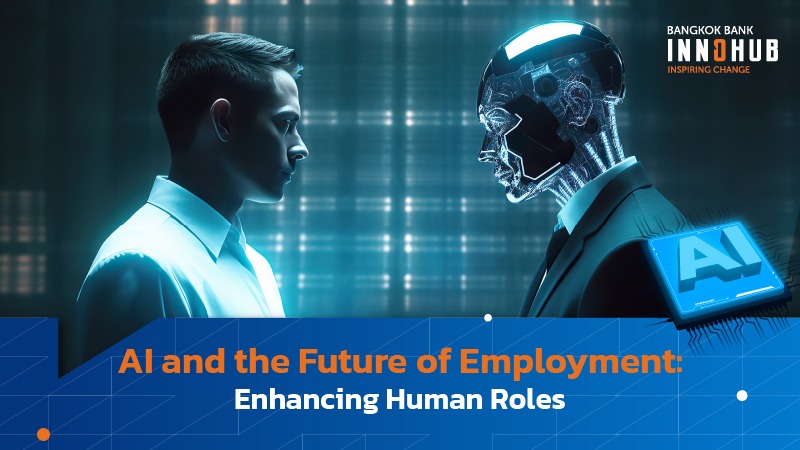Are we on the verge of digital immortality?
Key takeaways:
- We are not far from being virtually immortal
- Even after death, your friends and family may someday interact with your ‘digital spirit’.
- If AI can use existing data to accurately simulate your personality, it can carry on your digital legacy even after your death.
Life is, in a way, just a form of information processing. We take in data through our five senses, make decisions based on an analysis of that data, and then act – at which point the loop begins again. If we look closer, we find only more machinery: our cells are programmed by DNA, which is converted to proteins through coded sequences and pure chemistry.
As our world is now filled with mass-produced information processors, this perspective raises fascinating questions. Could life itself, together with the rich tapestry of human consciousness, be uploaded onto a hard drive?
One organization, called Viternity, thinks so, suggesting that the virtual world could be made far more comfortable than the imperfect physical space we now live in. Today’s technology isn’t up to the task of physically scanning human brains and giving them a second life in the virtual world. But someday we might be able to make this task simple and straightforward, just like getting an x-ray.
Of course, new questions give us cause for concern here: What would happen to us if a software virus got into the system? What if someone switches us off, or runs an unpleasant program just to see what happens?
For now, these questions belong in the realm of science fiction – but other forms of digital immortality are already with us today.
The ghost in the machine
With access to almost everything you’ve ever typed and uploaded onto the internet, Google and Facebook already know more about you than your closest friends and family members. Their AI systems use this knowledge to personalize your news feed, search results, and advertising – but all of this data collection currently has no other end goal. Moreover, when you die, an interesting thing happens to your personal data.
Nothing.
Some social media accounts are taken down when their users have passed away, but many stay up. These ‘ghost’ accounts remain visible but inactive, and the data that was used to build your online profile likewise remains untouched.
Could there be another use for this data, after a person dies? Internet companies know what we look like (from our photos), how we think (from our searches and posts), and how we talk to people (from our messages). If companies wanted to, they could create a kind of digital persona based on what they already know about each of our lives.
This persona could reply to private messages from friends and loved ones, using realistic language and thought patterns that the original user might have approved of. By accessing the user’s chat history and data profile, AI could even guess at what the user would think and feel in response to new chat messages or current events.
Such a program would fall short of real immortality, but it could do an excellent job of keeping our memories alive forever. Consequently, it could let the internet giants use their habit of personal data collection for the benefit of ordinary users and their families, rather than limiting its application to advertisers.
As a final, fitting way of giving back the data that internet companies have collected, this concept of an AI-created digital persona might currently be the most realistic way of achieving immortality online.




